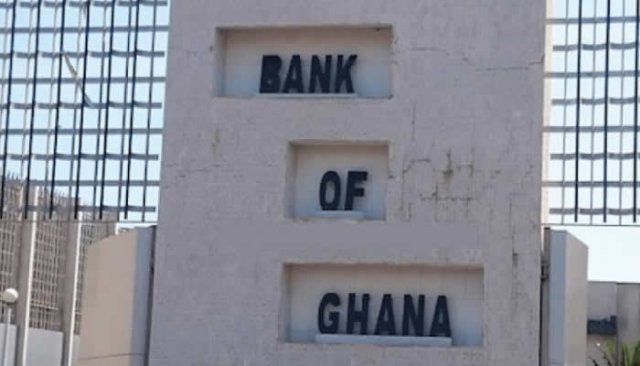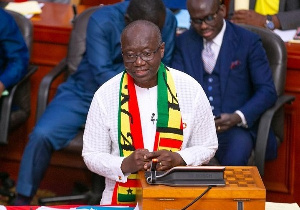World Bank praises BoG’s independence and successful policy reforms in latest CPIA report

The World Bank has commended the Bank of Ghana for its independence, which has been pivotal in the success of various policy reforms aimed at reducing inflationary pressures on the Ghanaian economy.
This recognition was highlighted in the World Bank’s latest Country Policy and Institutional Assessment (CPIA) report themed ‘CPIA Africa 2024: Structural Reforms for a Vibrant Private Sector.’
The report observed that the Ghanaian government, alongside the Bank of Ghana and other governments and central banks in sub-Saharan Africa, has effectively transitioned from managing global shocks to enhancing credibility, capacity, and transparency.
“A reflection of this is the region’s strong performance across multiple measures of Central Bank independence – an institutional provision that improves countries’ ability to reduce inflation and can improve investors’ perception of risks,” the CPIA report stated.
For Ghana, the World Bank noted that its commitment to policy reforms aimed at strengthening the central bank’s independence has allowed the Bank of Ghana to adopt a tight monetary policy.
This included raising reserve ratios and implementing a fiscal reform program that successfully reduced year-over-year inflation from 54% in December 2022 to 23% in December 2023.
The report emphasized, “Ghana’s reforms around central bank independence were complemented by halting monetary financing of the deficit, which contributed to curbing inflation from over 50% in 2022 to 23.2% in December 2023.”
The CPIA also highlighted that the average score for monetary and exchange rate policy in the region increased to 3.4 in 2023, with progress noted in the scores of six countries, including Ghana, Mauritania, Nigeria, Somalia, and Zambia.
In terms of fiscal transparency and responsibility, the report acknowledged Ghana’s commitment to reinstating its fiscal rule in the medium term and strengthening the independence of its Fiscal Council. The move aims to enhance the credibility of the council’s macro-fiscal assumptions and compliance with the fiscal rule.
The CPIA serves as an annual diagnostic tool for countries eligible for financing from the International Development Association (IDA), the segment of the World Bank dedicated to assisting the world’s poorest countries.
Andrew Dabalen, World Bank Chief Economist for Africa, remarked, “the CPIA review offers a chance to identify areas of relative weakness and engage in a dialogue around policy reforms that can produce better development outcomes.”
The 2024 CPIA report strongly emphasizes the need to attract and sustain greater private sector investments.
“Private sector investments will need to pick up after years of investment growth coming from the public sector. High interest rates and public debt mean that the public sector can’t continue to do the heavy lifting, but there are huge opportunities around trade and the digital economy,” said Nicholas Woolley, the CPIA report’s main author.
As Ghana continues to implement these reforms, the recognition from the World Bank underscores the importance of maintaining central bank independence and fiscal responsibility in achieving sustainable economic growth and stability.
Source: Isaac Aidoo, Contributor





